Speaking with a reporter from the People's Army Newspaper, delegate Nguyen Tao, member of the National Assembly's Law Committee and Deputy Head of the National Assembly Delegation of Lam Dong province, said that the press should be allowed to record audio and video of the trial, but in a separate room connected to live television.
According to delegate Nguyen Tao, under current conditions and facilities, it is very difficult to allow the press to fully participate at any stage of the trial.
“In reality, the current courtroom area is very small. Meanwhile, there are many press agencies that want to attend. Allowing one newspaper to attend but not another would be unreasonable,” the delegate analyzed.
Delegate Nguyen Tao: There needs to be an area or a live TV room for reporters to work.
The most feasible solution for this, according to delegate Nguyen Tao, is to have an area or a live TV room for reporters to work. That is the desire of reporters and the press, and this draft law also aims at that.
“Many countries have areas for the press to work and the trial is broadcast live. But if the press wants to record live at the trial site, it will be very difficult, because all reporters must be treated equally according to the Press Law. Whether one person can enter and another cannot will be a matter to consider,” the delegate said.
Delegate Nguyen Tao also shared that, having worked in the court for more than 40 years, he understands very well that maintaining order in a court is “extremely difficult”. Especially in trials with many defendants, sometimes there are hundreds of defendants, and there is not even enough space for security forces to support the court; in addition, there are hundreds of lawyers… Meanwhile, the space in the hall is quite small.
Therefore, according to delegate Nguyen Tao, it is necessary to design a live TV room so that reporters can come to monitor and report, promptly reflecting the developments of the trial in the field they are following, in order to bring information to the public.
"Thus, the recording and filming must take place via live television screen," delegate Nguyen Tao emphasized.
However, according to delegate Nguyen Tao, for trials related to ethics, society, private secrets, or related to marriage, family, or private secrets that the people involved do not want to make public, the provisions of the law must be followed and cannot be recorded.
“For example, evidence of a spouse's adultery cannot be made public,” the delegate said.
When asked about how the people's supervisory role would be demonstrated if not through audio and video recording, delegate Nguyen Tao said that this would be demonstrated through legally effective judgments issued by the court.
"We must be extremely objective, respect each other's professions and try to do better and improve in the future," delegate Nguyen Tao emphasized his point of view.
The press must record audio and video correctly, clearly, specifically and be responsible for its recordings.
Sharing the same concern, delegate Pham Van Hoa, member of the National Assembly's Law Committee, Deputy Head of the National Assembly Delegation of Dong Thap province, expressed his agreement that audio and video recording at court sessions and meetings should only be done during the opening of the court session, meeting, and the announcement of the verdict and decision.
However, the delegate proposed to revise the regulations for cases where reporters want to record audio or video of defendants, accused, and plaintiffs if they have permission.
“However, the press must record audio and video correctly, clearly, specifically and be responsible for their recordings. Editors-in-chief of newspapers are responsible for the use of audio and video recordings. That way, no one will dare to spread false information online,” said delegate Pham Van Hoa, asking the drafting committee and the review agency to further study this content.
Delegate Pham Van Hoa: The press must record audio and video correctly, clearly, specifically, and be responsible for its recordings.
Courtroom adjustment only
Explaining information activities at the trial, Chief Justice of the Supreme People's Court Nguyen Hoa Binh stated: Article 141 of the draft law does not stipulate the right to communication.
“We only adjust this law in the courtroom. The court has no right to interfere with anyone interviewing or filming in the hallway. But in the courtroom, it must be regulated as in the law here,” Chief Justice Nguyen Hoa Binh said, emphasizing that this is to improve efficiency, maintain order and respect human rights.
“The delegate also said that the problem is that if one party agrees to have the right to record audio and video, then this party agrees, but if the other party does not agree, it will also affect human rights. Let's imagine that there are many reasons for a husband and wife to divorce. If the wife agrees to speak to the media, it can affect the husband's private life. It is impossible for one party to agree to allow the media to post this story online,” Chief Justice Nguyen Hoa Binh said.
Chief Justice of the Supreme People's Court Nguyen Hoa Binh.
Chief Justice Nguyen Hoa Binh also cited the case of two parties in a dispute, person A suing person B, one enterprise suing another.
"Everyone says that if they win, they will get information that is disadvantageous to the other side, thus violating other people's privacy," Chief Justice Nguyen Hoa Binh explained.
THAO PHUONG
Source




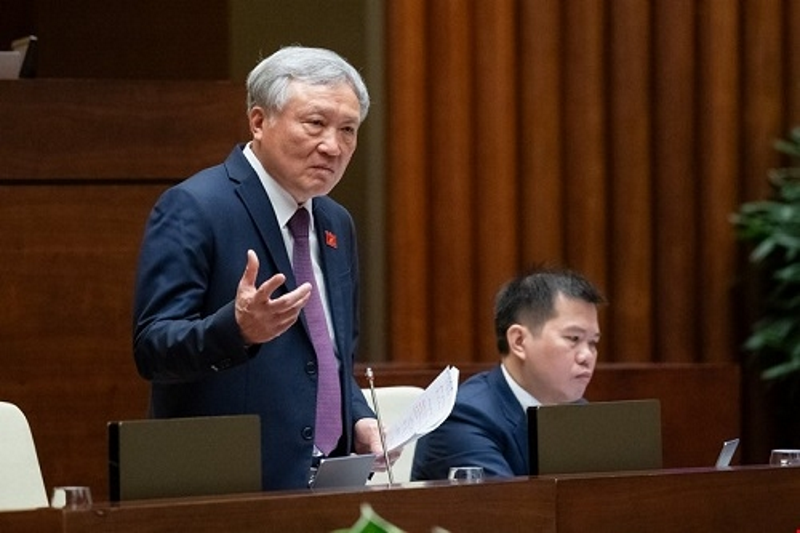

![[Photo] Prime Minister Pham Minh Chinh receives the delegation of the Semiconductor Manufacturing International (SEMI)](https://vphoto.vietnam.vn/thumb/1200x675/vietnam/resource/IMAGE/2025/11/06/1762434628831_dsc-0219-jpg.webp)


![[Photo] Closing of the 14th Conference of the 13th Party Central Committee](https://vphoto.vietnam.vn/thumb/1200x675/vietnam/resource/IMAGE/2025/11/06/1762404919012_a1-bnd-5975-5183-jpg.webp)


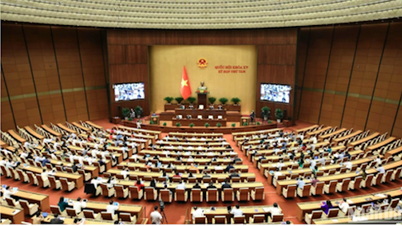
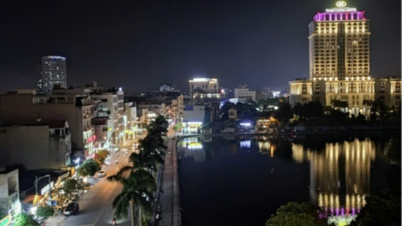
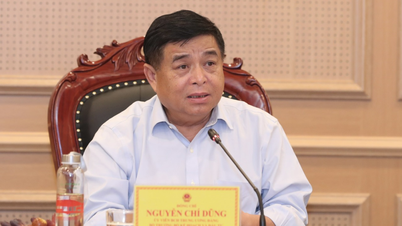
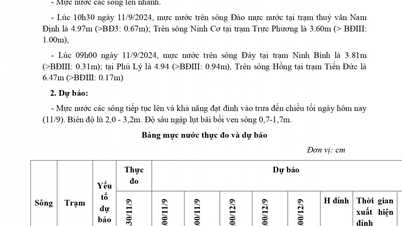
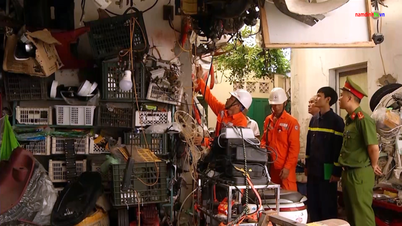


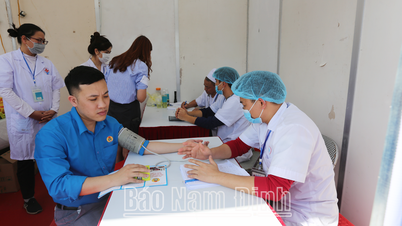



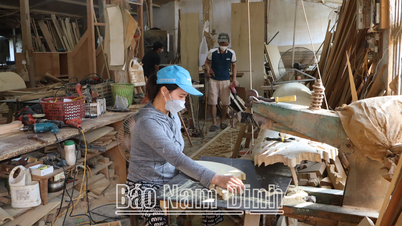
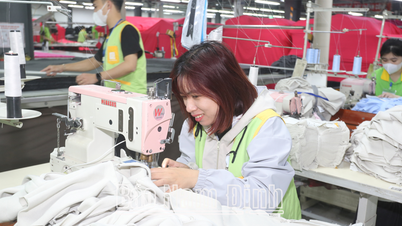




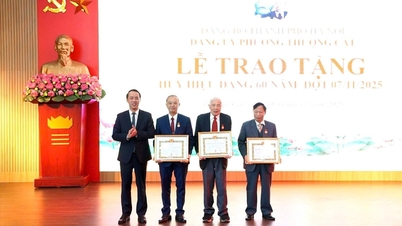
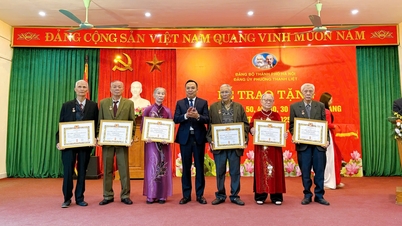

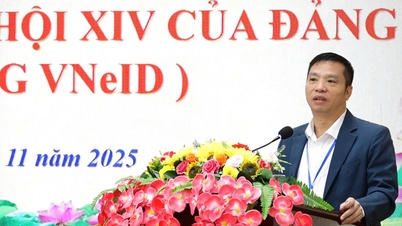
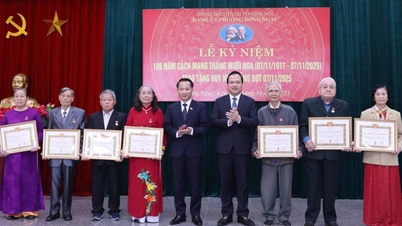






































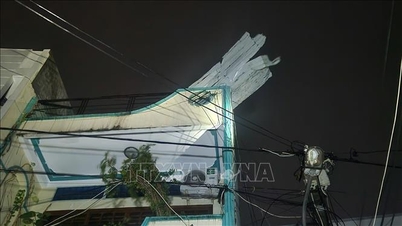

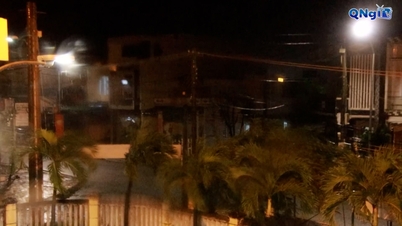

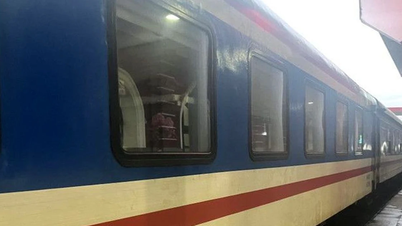

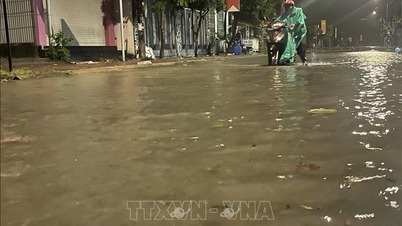

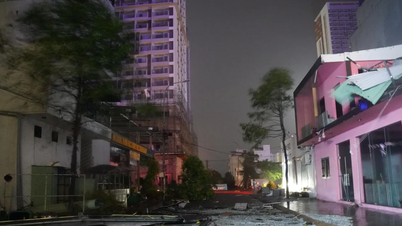










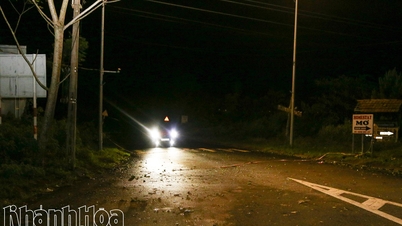

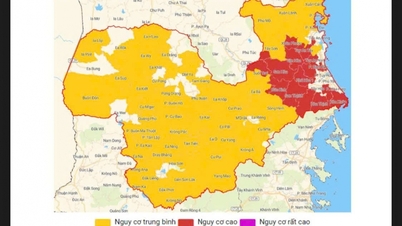

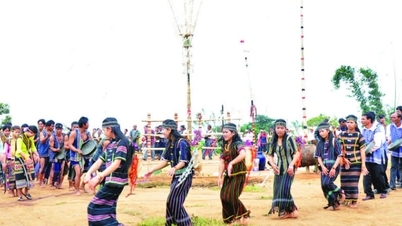

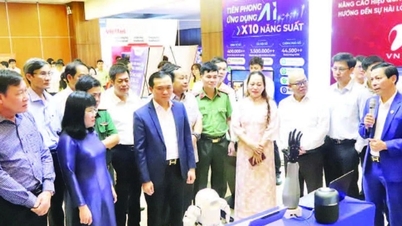
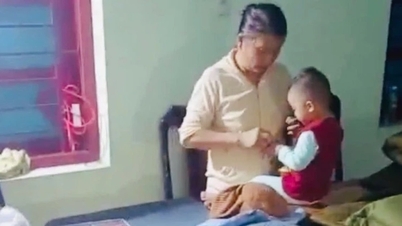
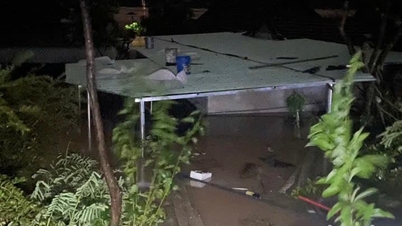















Comment (0)